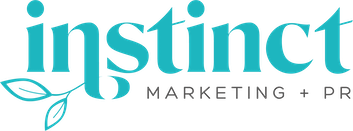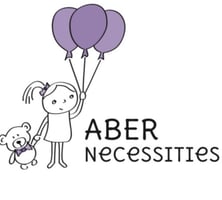Inspired by the season of giving (but not just for Christmas) we are are going to be featuring and...
In defence of jargon
Pervasive across the globe and often confusing, annoying, obstructive or just downright pointless, jargon gets an understandably bad press. ‘Jargon-free copy’ and ‘cutting the jargon’ are considered something of a holy grail, not just in marketing, but in life itself. But acronym-haters everywhere, let’s take a moment…because the truth is, it ain’t all bad. Like most elements of language, jargon isn’t intrinsically good or bad – it depends entirely on the context.
Sometimes, jargon is really useful, acting as a shorthand between people who share the same knowledge on a subject, communicating a key idea in just one or two words, instead of requiring a whole sentence. But if it’s used to communicate with people who don’t know or understand the shorthand, it’s at best confusing and at worst alienating, making them feel excluded, ignorant and unwelcome.
So when you’re working on your brand’s voice and thinking through the language you do and don’t want to use, the jargon issue comes down to pretty much the same two things as every other aspect of verbal identity: who are you and who are you talking to? What are you like (and how do you need to speak in order to get people to see that) and what are your audience like (what language will they understand and respond to)?
If you’re a web developer delivering a conference for other web developers, or an investment company engaging with financial planners, or a legal association talking to lawyers, jargon will almost certainly be a hugely positive thing. Your audience will both expect it and want it, and it can be a powerful way to connect with people, create a sense of belonging, demonstrate expertise, and gain trust.
But if, you’re dealing with small business owners who are hiring you precisely because they can’t do what you can, jargon is clearly not your friend. Sector terminology will not make you sound intelligent and competent – it’ll leave your audience confused about what you do and whether or not you can actually help them. And then they’ll swiftly look elsewhere.
Your brand’s language should help you to draw people in, not push them away – and jargon has the power to do both. But when you’re in the thick of things it can be hard to tell when jargon’s ok and when it isn’t – or even what counts as jargon. That’s where we can help. If you can’t see the wood for the jargon-trees, we’d love to offer you a fresh pair of eyes. Call 01330 826500 or email hello@instinctmarketingpr.com.



